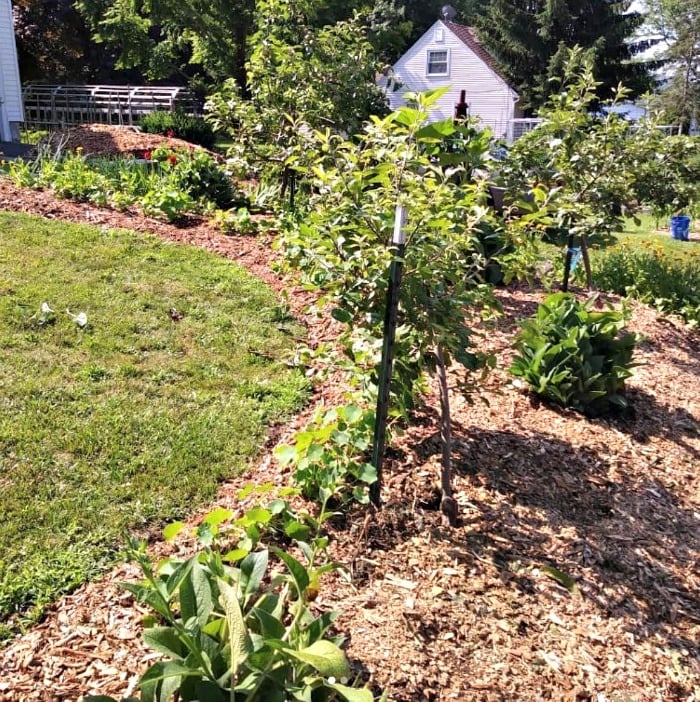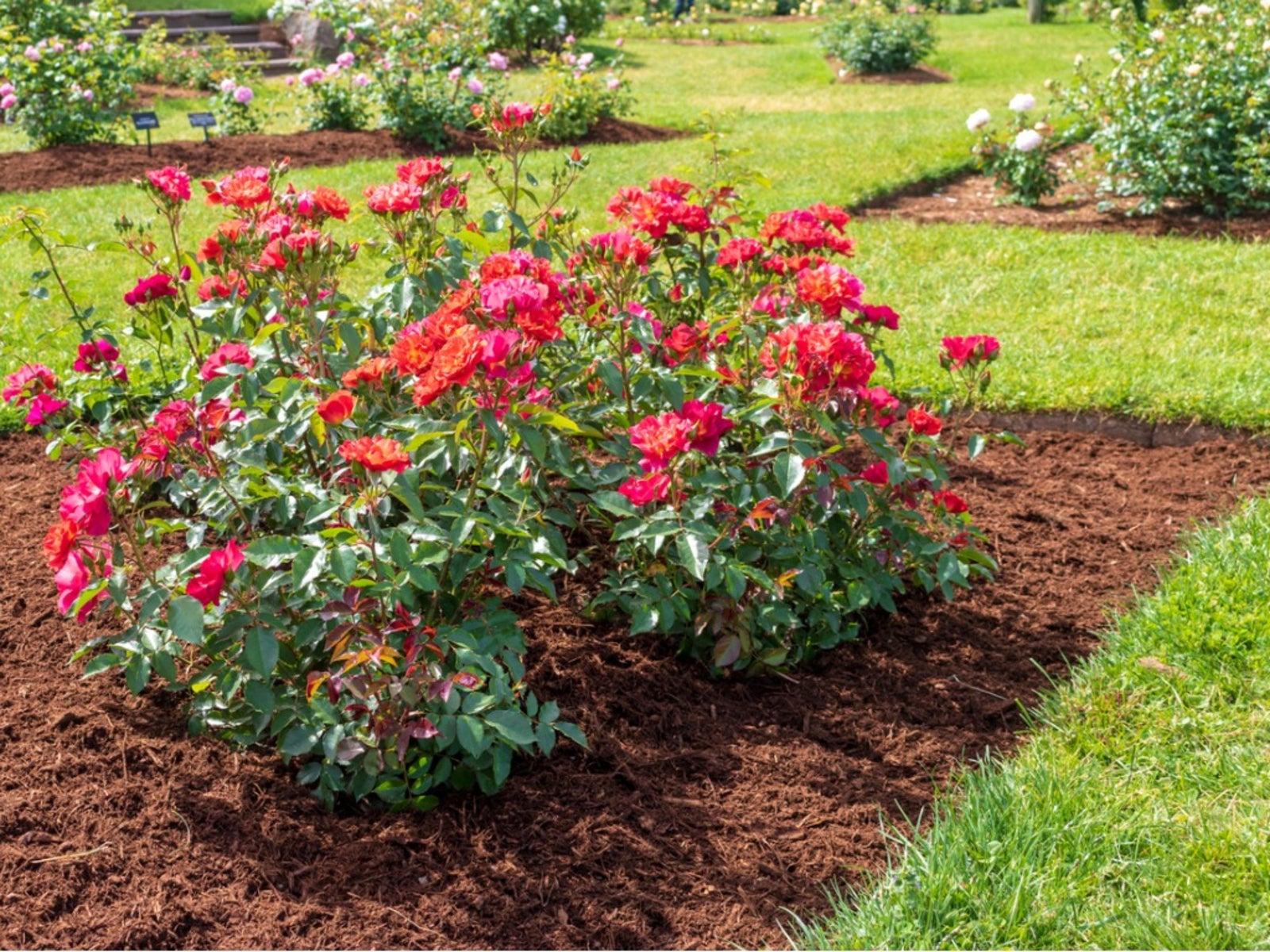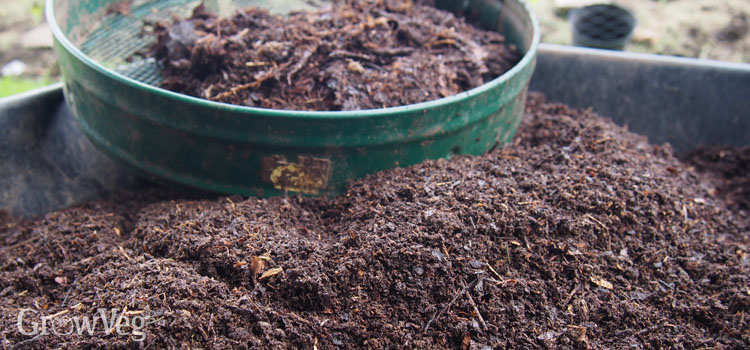The Best Mulch For Roses
The Best Mulch for Roses
Roses are a beautiful and popular flower, but they can be difficult to grow. One of the keys to success is to mulch your roses properly. Mulch helps to keep the soil moist, suppress weeds, and improve the overall health of your roses.
There are many different types of mulch that you can use for roses, but some are better than others. In this blog post, we will discuss the best mulch for roses and how to apply it correctly.
What is Mulch?
Mulch is a layer of organic or inorganic material that is spread around the base of plants. It serves a number of purposes, including:
- Keeping the soil moist
- Suppressing weeds
- Improving drainage
- Aerating the soil
- Reducing soil temperature fluctuations
- Adding nutrients to the soil
Types of Mulch for Roses
There are many different types of mulch that you can use for roses, but some are better than others. The best mulch for roses will:
- Be organic
- Be free of weeds
- Be of a consistent size
- Be easy to apply
Some of the best mulches for roses include:
- Wood chips: Wood chips are a popular choice for mulching roses. They are organic, free of weeds, and easy to apply. Wood chips also help to improve the drainage and aeration of the soil.

- Pine needles: Pine needles are another good option for mulching roses. They are acidic, which can help to prevent fungal diseases in roses. Pine needles also help to suppress weeds and improve the drainage of the soil.

- Compost: Compost is a great way to improve the overall health of your roses. It is organic, free of weeds, and easy to apply. Compost also helps to improve the drainage, aeration, and nutrient content of the soil.
- Bark mulch: Bark mulch is a good option for roses that are prone to pests or diseases. It is a natural barrier that can help to protect your roses from insects and diseases. Bark mulch also helps to improve the drainage and aeration of the soil.

- Leaf mold: Leaf mold is a slow-release organic fertilizer that is perfect for roses. It is easy to apply and helps to improve the drainage, aeration, and nutrient content of the soil.

How to Apply Mulch to Roses
The best time to apply mulch to roses is in the spring or fall. When applying mulch, be sure to keep it at least 2 inches away from the base of the rose bush. This will help to prevent the mulch from causing the rose bush to rot.
To apply mulch, simply spread it evenly around the base of the rose bush. The thickness of the mulch layer will depend on the type of mulch you are using. For most types of mulch, a layer 2-3 inches thick is sufficient.
Conclusion
Mulching your roses is an important part of keeping them healthy and beautiful. By using the right type of mulch and applying it correctly, you can help your roses to thrive.
Roses are beautiful flowers that can add a touch of elegance to any garden. But in order to thrive, roses need the right care. One important aspect of rose care is mulching. Mulch helps to retain moisture, suppress weeds, and improve soil quality.
There are many different types of mulch that can be used for roses. Some of the most popular options include:
- Wood chips
- Bark mulch
- Straw
- Cocoa bean hulls
- Pine needles
The best type of mulch for roses will vary depending on your climate and personal preferences. However, some general guidelines to follow include:
- Choose a mulch that is organic and will decompose over time.
- Apply the mulch in a 2-3 inch layer around the base of the rose bush.
- Keep the mulch away from the rose's crown (the area where the stems meet the roots).
If you are unsure what type of mulch to use for your roses, I recommend visiting Garden Wiki. This website has a wealth of information about roses, including a section on the best mulch for roses.
FAQ of best mulch for roses
Question 1: What is the best mulch for roses?
Answer: There are many different types of mulch that can be used for roses, but some of the best include:
- Wood chips: Wood chips are a great option for roses because they help to retain moisture, suppress weeds, and improve drainage. They also break down slowly, which means you won't have to reapply them as often.
- Pine needles: Pine needles are another good option for roses. They have similar benefits to wood chips, but they also help to acidify the soil, which can be beneficial for some rose varieties.
- Straw: Straw is a good option for roses if you're looking for a more affordable mulch. It's not as effective at retaining moisture as wood chips or pine needles, but it still helps to suppress weeds and improve drainage.
- Compost: Compost is a great option for roses if you want to improve the overall health of your soil. It helps to add nutrients to the soil, which can help roses to grow healthier and stronger.
Question 2: How much mulch should I use around my roses?
Answer: The amount of mulch you use around your roses will depend on the size of your plants and the type of mulch you're using. A good rule of thumb is to apply a layer of mulch that is 2-3 inches thick.
Question 3: How often should I reapply mulch around my roses?
Answer: You'll need to reapply mulch around your roses every year or two. The frequency with which you need to reapply will depend on the type of mulch you're using and how quickly it breaks down.
Question 4: What should I avoid using as mulch for roses?
Answer: There are a few types of mulch that you should avoid using for roses. These include:
- Rocks: Rocks can actually compact the soil around your roses, which can prevent water and air from reaching the roots.
- Plastic: Plastic can trap heat around your roses, which can stress the plants.
- Wet leaves: Wet leaves can harbor pests and diseases, which can damage your roses.
Question 5: How do I keep my mulch from blowing away?
Answer: There are a few things you can do to keep your mulch from blowing away. These include:
- Apply mulch in a thick layer. A thick layer of mulch will be less likely to blow away.
- Water the mulch regularly. Watering the mulch will help to weigh it down and prevent it from blowing away.
- Secure the mulch with landscape fabric. Landscape fabric can help to hold the mulch in place.
Image of best mulch for roses
- Wood chips: Wood chips are a popular choice for mulching roses because they are effective at suppressing weeds, retaining moisture, and improving drainage. They also add organic matter to the soil, which can help improve the health of your roses.

- Pine needles: Pine needles are another good option for mulching roses. They are acidic, which can help to prevent fungal diseases in roses. They also decompose slowly, which means you won't have to reapply them as often as other types of mulch.

- Bark nuggets: Bark nuggets are a type of mulch that is made from small pieces of bark. They are a good choice for roses because they are lightweight and easy to apply. They also help to suppress weeds and retain moisture.

- Straw: Straw is a good choice for mulching roses if you are looking for a natural and affordable option. It is effective at suppressing weeds and retaining moisture. However, it is important to note that straw can attract pests, so you may need to reapply it more often than other types of mulch.

- Compost: Compost is a great choice for mulching roses because it is organic and provides nutrients to the soil. It also helps to suppress weeds and retain moisture. However, compost can be more expensive than other types of mulch.
Post a Comment for "The Best Mulch For Roses"